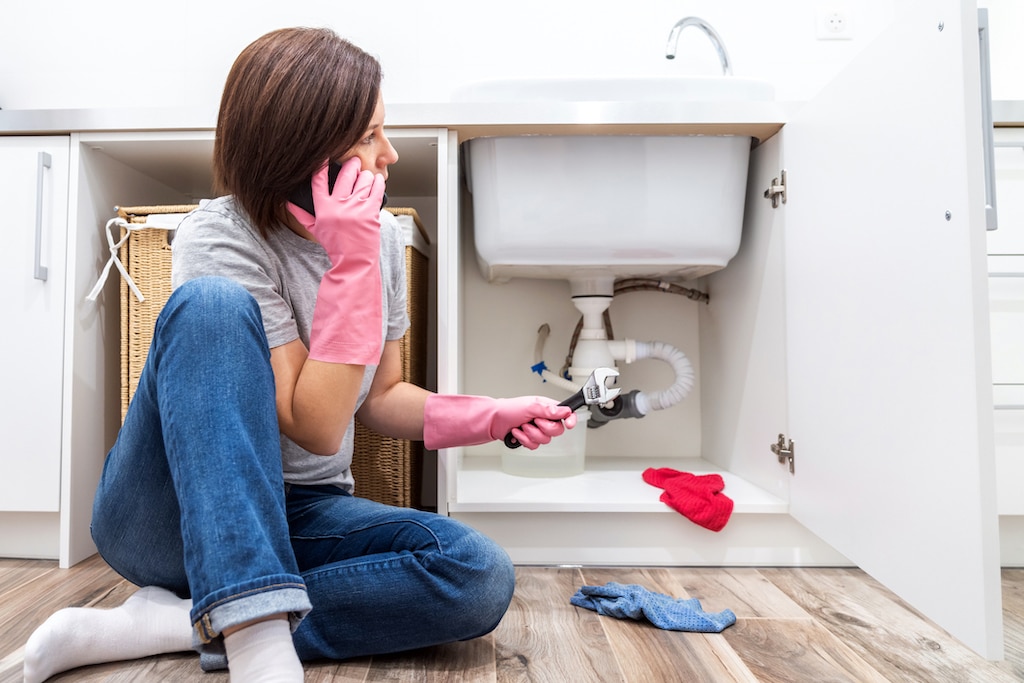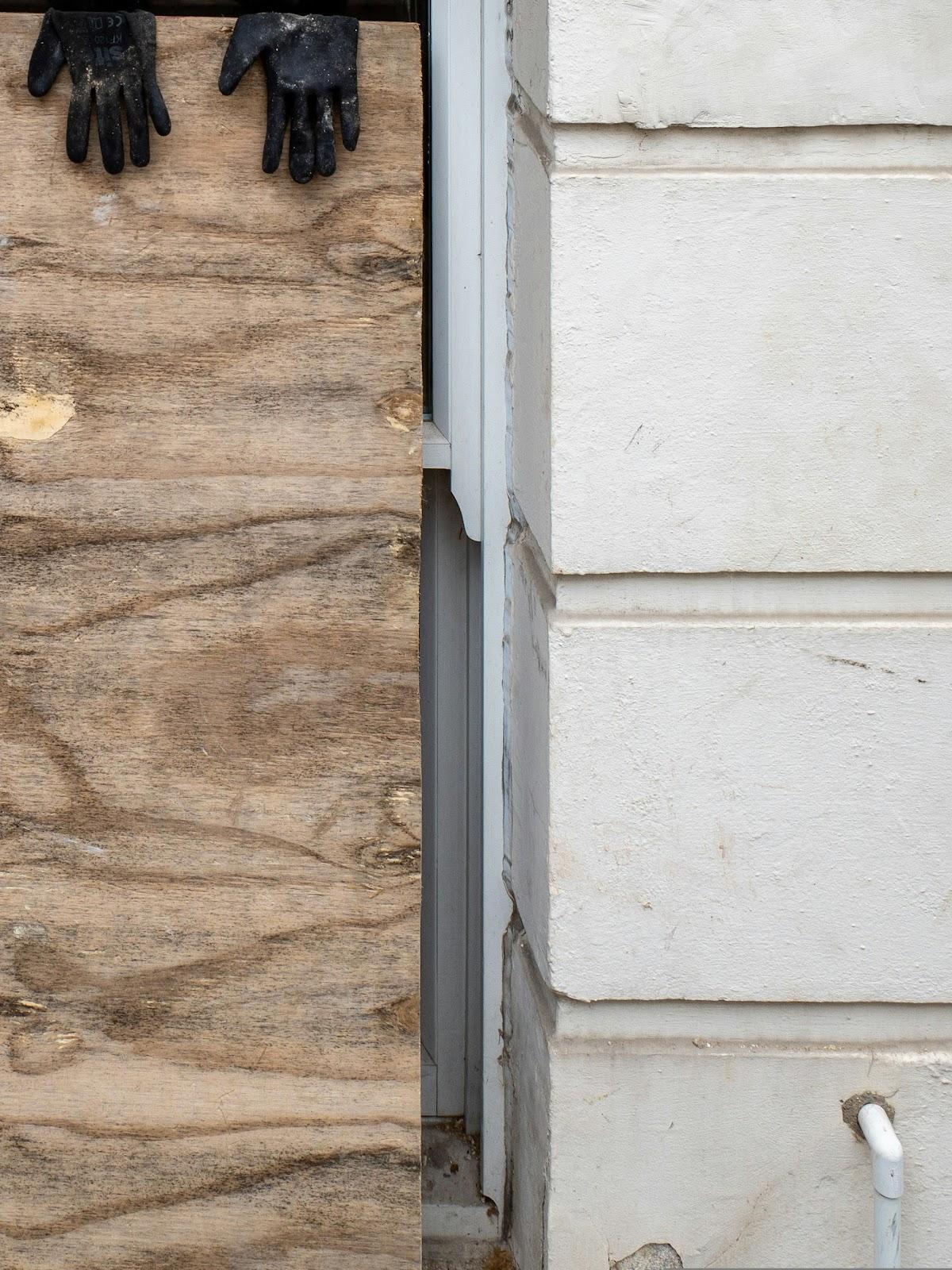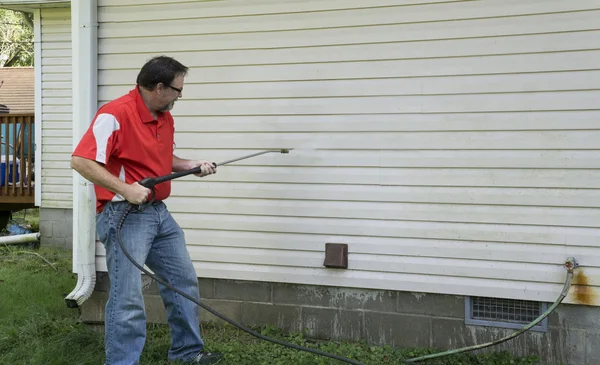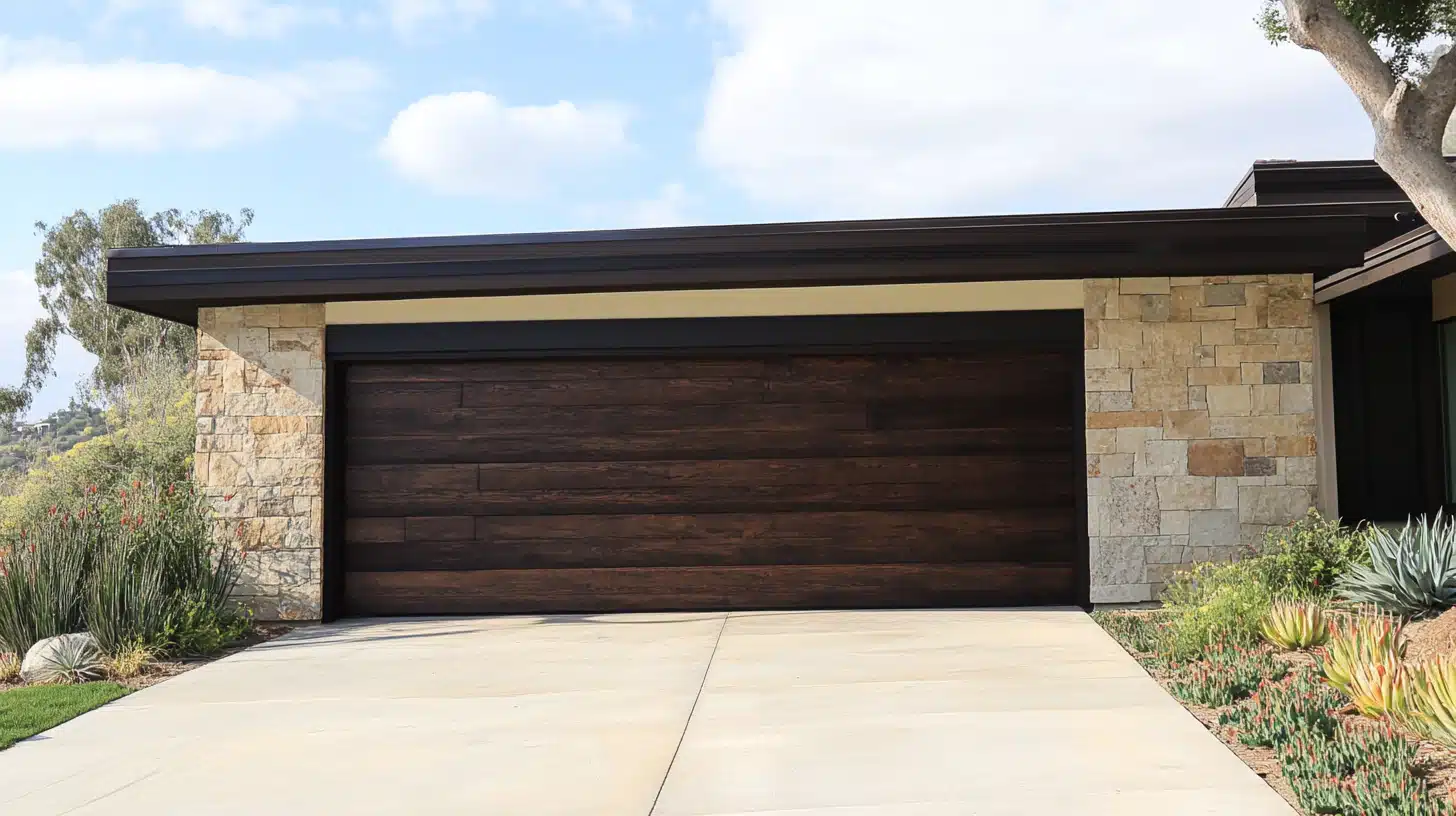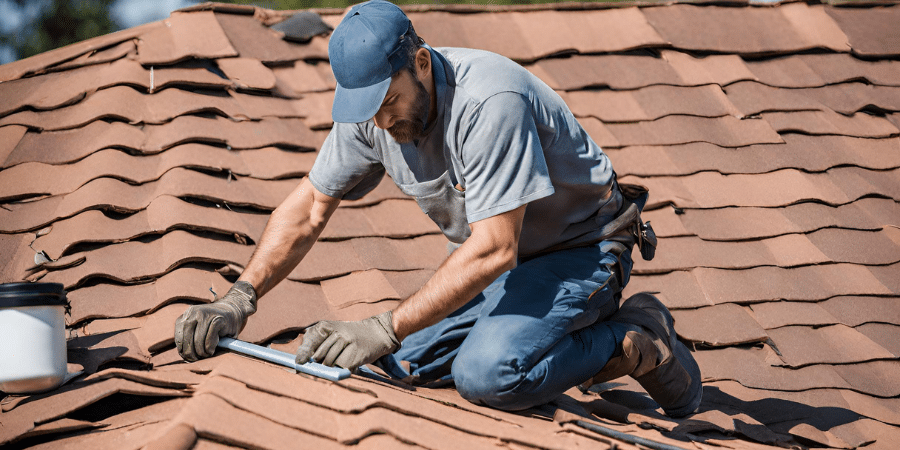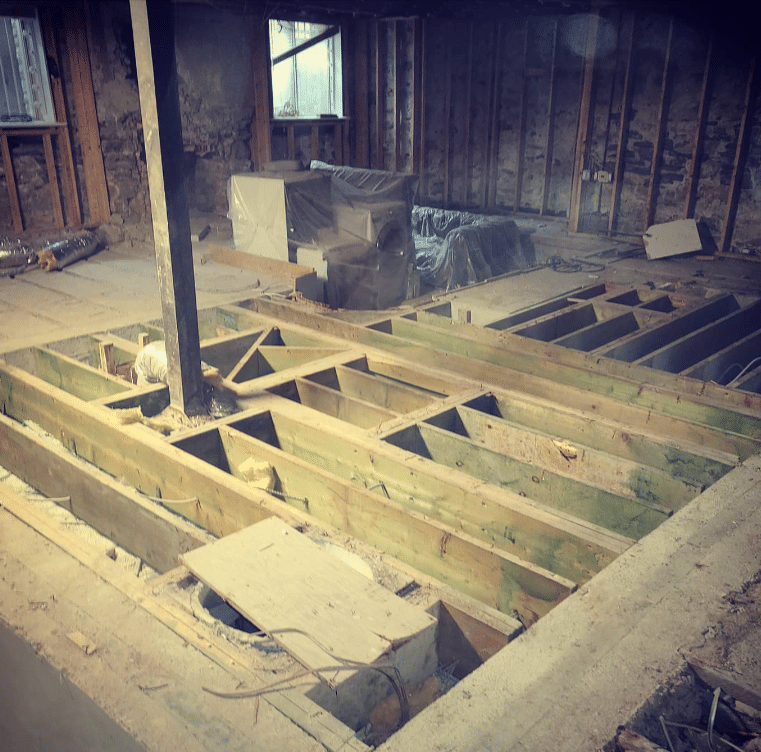Embracing Homeownership: A Comprehensive Guide to DIY Plumbing Maintenance
Congratulations on your journey as a homeowner! As you settle into the cozy comforts of your new abode, you must familiarize yourself with the ins and outs of DIY plumbing maintenance.
While plumbing might not be the most glamorous topic, it’s a crucial aspect of home care that can save you from major headaches and expenses. Let’s get ready to dive into a range of thorough tips to ensure your plumbing remains in excellent condition.
Regular Inspections for Peace of Mind
Make it a routine to conduct thorough inspections of your plumbing system. Begin by inspecting the exposed pipes for any indications of leaks, corrosion, or harm.
Pay close attention to areas under sinks, around appliances like dishwashers and washing machines, and in basements or crawl spaces.
Promptly Address Leaks and Drips
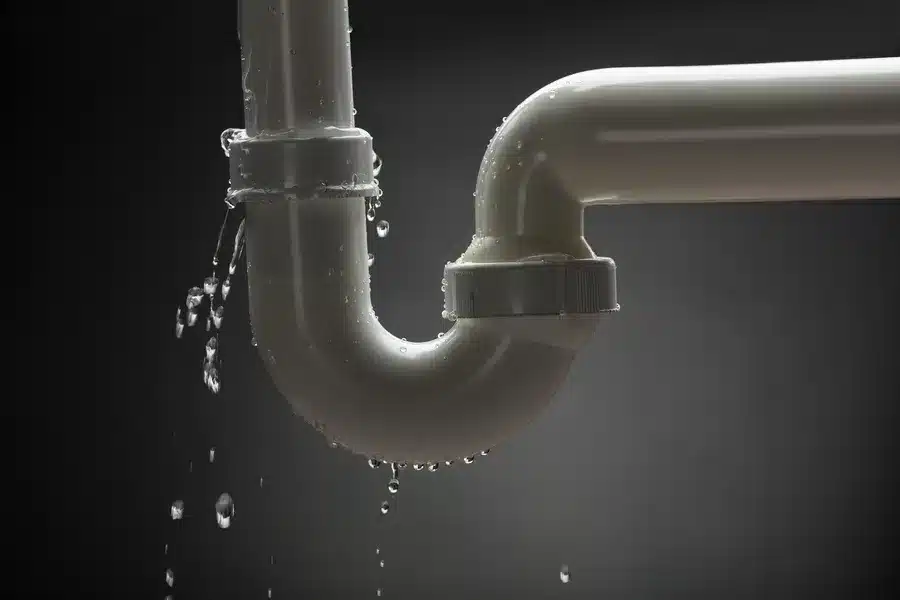 While a dripping faucet or leaky pipe may appear trivial initially, neglecting them can result in substantial water wastage and damage over time.
While a dripping faucet or leaky pipe may appear trivial initially, neglecting them can result in substantial water wastage and damage over time.
Take swift action to repair leaks by tightening loose joints, replacing worn-out washers, or applying pipe sealant as needed. Remember, a proactive approach to leaks can save you gallons of water and dollars on your bill.
Maintain Clear and Free-Flowing Drains
Clogged drains are a common household plumbing issue, but they are also highly preventable with proper care. Install drain strainers to capture hair, food remnants, and other debris before they create blockages.
Regularly flush drains with hot water and baking soda or vinegar to break down buildup and keep them running smoothly.
Optimize Water Pressure for Efficiency
Keep an eye on your home’s water pressure, as low and high pressure can indicate underlying plumbing issues. Inspect faucets, showerheads, and other water fixtures for mineral deposits or debris that may restrict water flow. Clean or replace aerators and showerheads to maintain optimal water pressure and efficiency.
Winterize Your Pipes Against Freezing
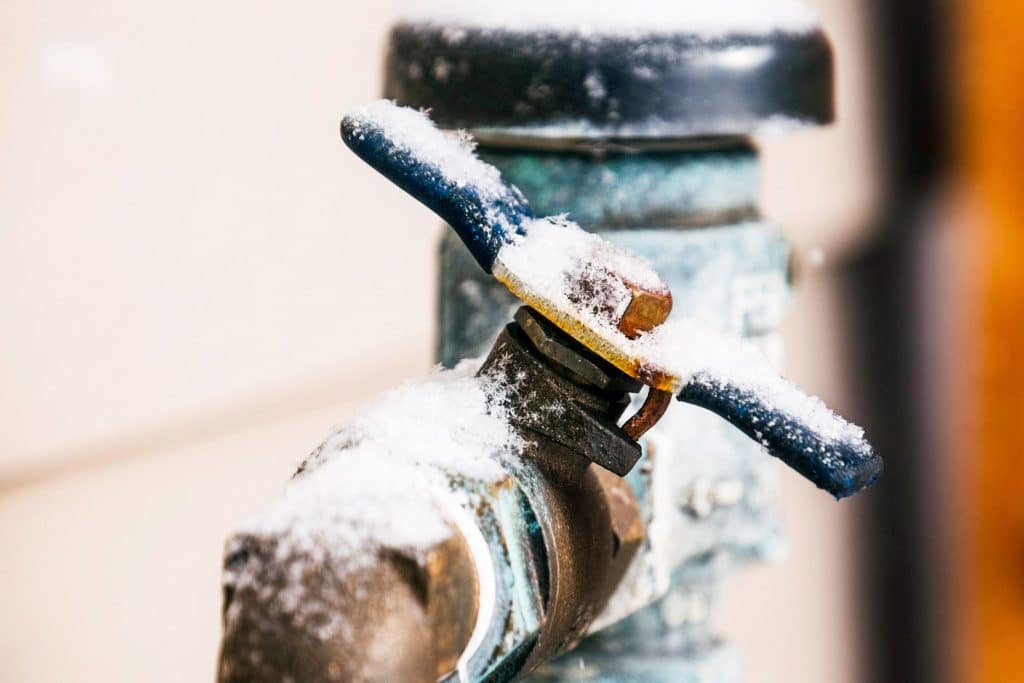
During freezing temperatures, it’s advisable to let faucets drip slightly to release pressure and prevent pipes from freezing and bursting. Additionally, consider installing heat tape or pipe insulation for extra protection against winter-related issues.
Ensure Proper Care for Your Water Heater
Consistent upkeep of your water heater is crucial for its durability and effectiveness. Periodically flush the tank to eliminate sediment accumulation, which can impact heating efficiency.
Check for leaks, unusual noises, or fluctuations in water temperature, and consult a professional plumber for any repairs or maintenance beyond your comfort level.
Show Some Love to Your Garbage Disposal
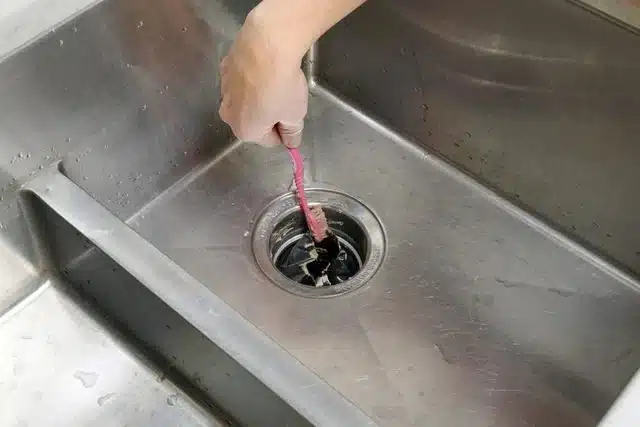 Your kitchen’s garbage disposal works hard to keep food waste at bay, but it requires regular care to function smoothly. Avoid overloading it with large or fibrous items that can cause jams. Keep it fresh and odour-free by grinding ice cubes, citrus peels, or a mixture of baking soda and vinegar.
Your kitchen’s garbage disposal works hard to keep food waste at bay, but it requires regular care to function smoothly. Avoid overloading it with large or fibrous items that can cause jams. Keep it fresh and odour-free by grinding ice cubes, citrus peels, or a mixture of baking soda and vinegar.
Know When to Seek Professional Help
Although attempting DIY fixes is admirable, certain plumbing issues necessitate the skills of a professional plumber.
If you encounter major leaks, sewer backups, gas line problems, or complex repairs beyond your skill level, don’t hesitate to call the pros. Timely intervention by a licensed plumber can prevent costly damages and ensure your plumbing system’s integrity.
Schedule Professional Inspections and Maintenance
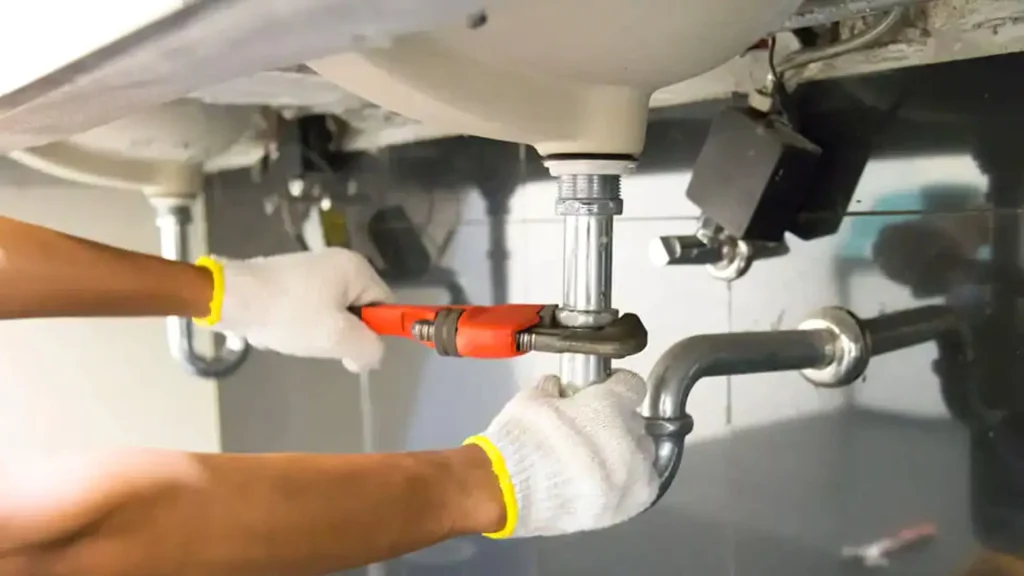 Consider scheduling annual or bi-annual inspections with a licensed plumber. These professionals can comprehensively evaluate your plumbing system, spot potential issues in advance, and carry out preventive maintenance to ensure everything operates smoothly. Professional maintenance can also extend the lifespan of your plumbing fixtures and appliances.
Consider scheduling annual or bi-annual inspections with a licensed plumber. These professionals can comprehensively evaluate your plumbing system, spot potential issues in advance, and carry out preventive maintenance to ensure everything operates smoothly. Professional maintenance can also extend the lifespan of your plumbing fixtures and appliances.
Invest in Professional Drain Cleaning
While DIY methods like hot water and baking soda can help prevent minor clogs, professional drain cleaning and repair is crucial for deep cleaning and removing stubborn blockages.
Plumbers use specialized tools such as hydro-jetting and drain snakes to clear out debris, grease buildup, and tree roots that can obstruct your drains and sewer lines.
Address Plumbing Repairs Promptly
If you notice signs of plumbing problems, such as slow drains, foul odours, water discoloration, or unusual noises, don’t hesitate to call an expert plumber for repairs.
Overlooking these warning signs can result in more severe damage and expensive repairs. Addressing repairs promptly can prevent disruptions and uphold the integrity of your plumbing system.
Consider Upgrading Older Plumbing Systems
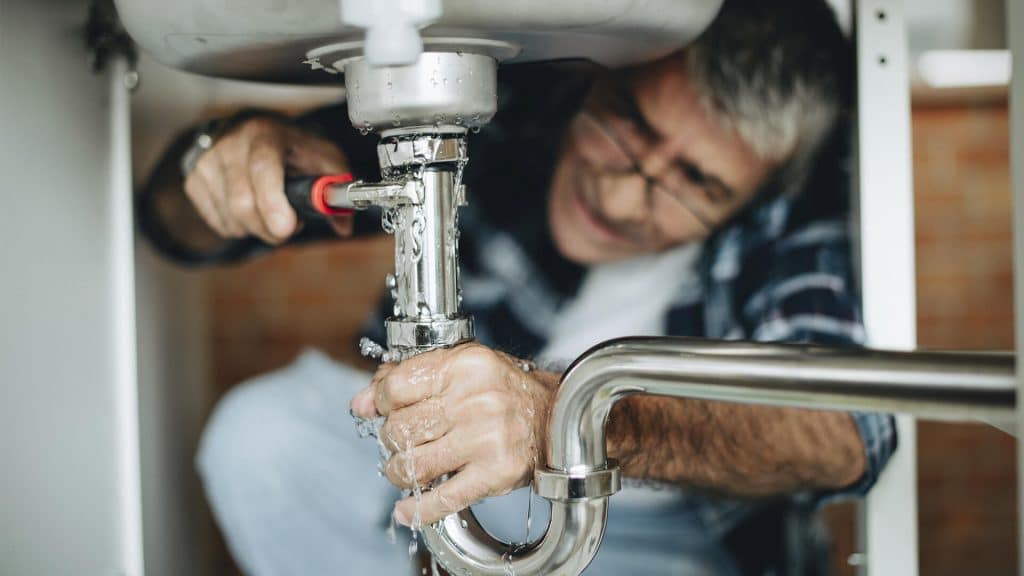
Create a Plumbing Maintenance Schedule
Maintaining a detailed schedule for plumbing maintenance tasks can help you stay organized and proactive. Note down dates for inspections, drain cleaning, water heater maintenance, and other routine tasks. Set reminders or enlist the help of a professional plumbing service to ensure timely and thorough maintenance throughout the year.
Conclusion: A Proactive Approach to Plumbing Care
In conclusion, incorporating expert plumbing services, regular drain cleaning, and prompt repairs into your maintenance routine is key to ensuring a healthy and efficient plumbing system for your home. By partnering with skilled plumbers, addressing issues promptly, and investing in preventive maintenance, you can enjoy peace of mind knowing that your plumbing is in expert hands. Here’s to a smoothly flowing-and well-maintained home!

